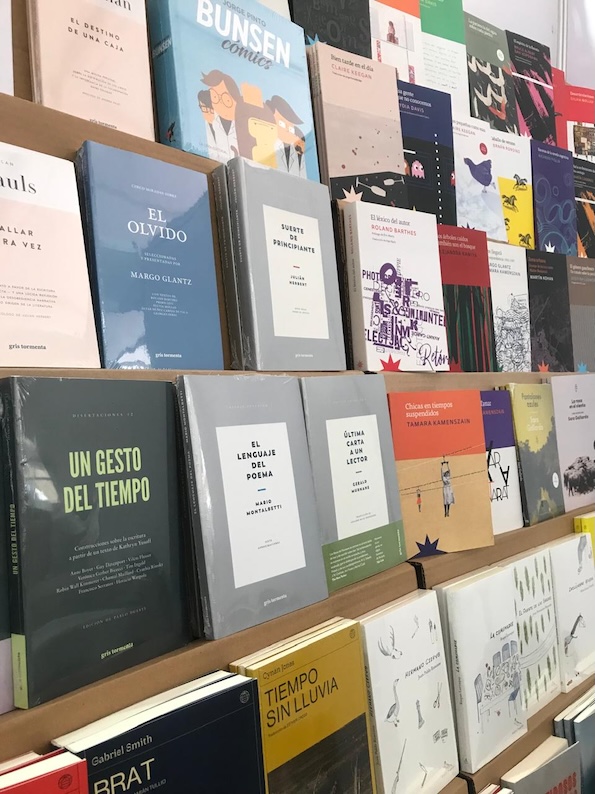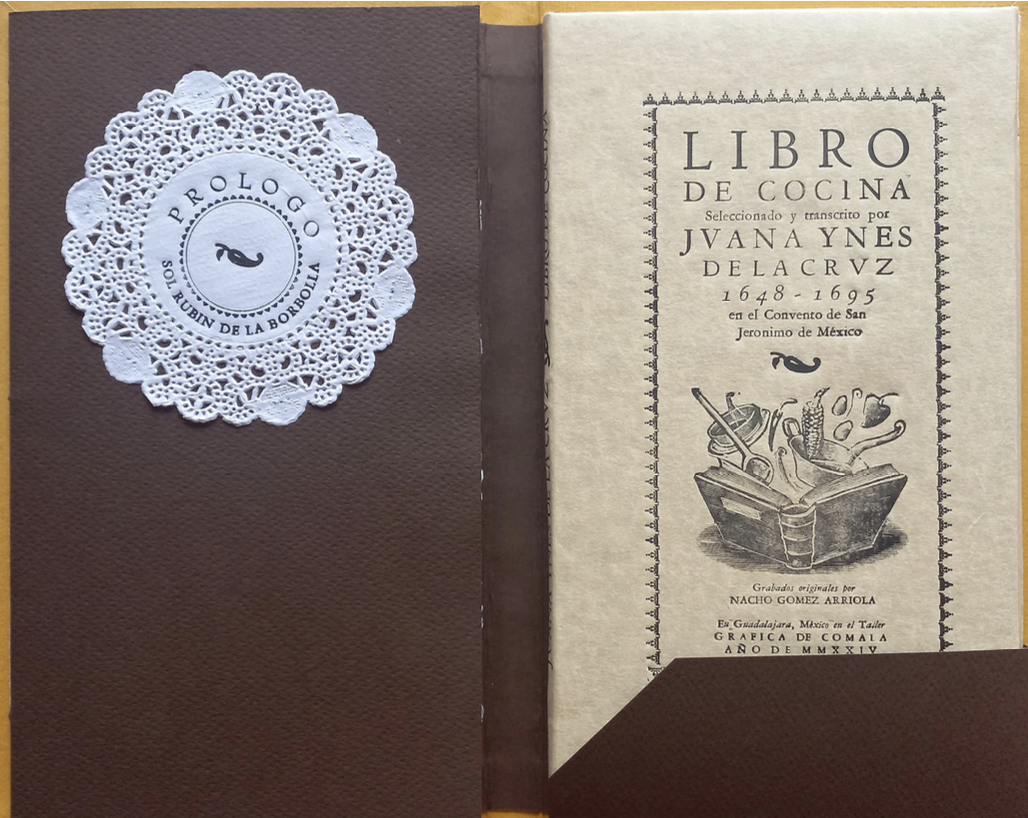Zócalo Book Fair 2024: A Literary Celebration to Remember
The 2024 Zócalo International Book Fair in Mexico City raised the bar for future literary events. Held from October 11 to 20, the fair transformed the Plaza de la Constitución, better known as the Zócalo, into a hub of literature and culture. With two forums, seven pavilions, and over 300 publisher stands, it offered a staggering 282 free cultural activitiesthat drew in more than 1.2 million visitors. Attendees enjoyed book presentations, lectures, dramatic readings, concerts, activities for children, and even awards ceremonies—all completely free of charge and open to all ages.
Prioritizing Accessibility
A standout feature of this year’s fair was its emphasis on inclusivity. Large screens were installed in the forums to ensure visibility for everyone, and they included a sign language interpreter who translated all presentations in real time. This initiative showcased the event’s commitment to making culture and literature accessible to a wider audience.
Engaging Activities for Every Age
While the event attracted a diverse crowd of young adults and seniors, children’s activities were a major highlight. Interactive read-aloud sessions specially designed for kids stole the spotlight. One unforgettable moment was Julieta Fierro’s presentation of her book, “Astronomía, ¿para qué?” Her dynamic and educational session captivated both children and adults, creating an enriching experience for all.
Literature Meets Advocacy
Beyond the literary offerings, the fair also served as a platform for addressing pressing social issues. A forum titled “Palestina Libre” shed light on the Middle Eastern conflict, featuring writers, poets, and activists. The discussions and readings of Palestinian authors’ works underscored the role of literature in fostering empathy, awareness, and justice for global human rights issues.
Must-Read Highlights
The diverse range of books available delighted readers of all interests. Some standout titles included:
- “Suerte de principiante: Once ideas sobre el oficio” by Julián Herbert: A fascinating exploration of the writer’s craft, touching on styles, challenges, and the often-hostile environments in which writers create.
- “Co-laboramos: Manual sobre cooperativas” by Eduardo Enrique Aguilar: A practical guide to cooperative work as a tool for social transformation.
- Comics and manga from Kamite Editorial, including “Charla tranquila,” winner of the 2023 graphic novel contest by Pura Pinche Fortaleza Cómics.
- Fanzines by Astrochavo, such as a compelling piece illustrating life during the COVID-19 pandemic, showcased by Editorial Verso Desierto & Campo Literario.
More Than a Fair: A Cultural Celebration
The Zócalo Book Fair went beyond books to offer a holistic cultural experience. Visitors enjoyed the lively ambiance of the Centro Histórico, with organ grinders’ tunes, traditional candy vendors, and children playing with toy airplanes enriching the festive atmosphere. This unique blend of culture, literature, and everyday life made the event a truly unforgettable experience.
Inkitt: BbyKevs
Wattpad: @SugoiKevs
TikTok: @bbykevs




